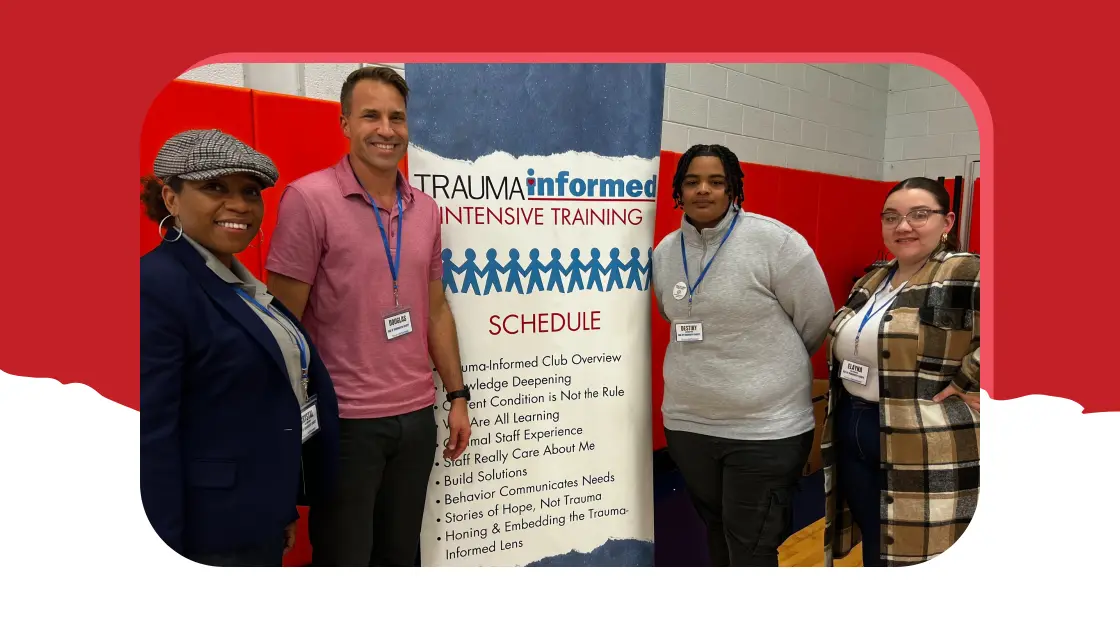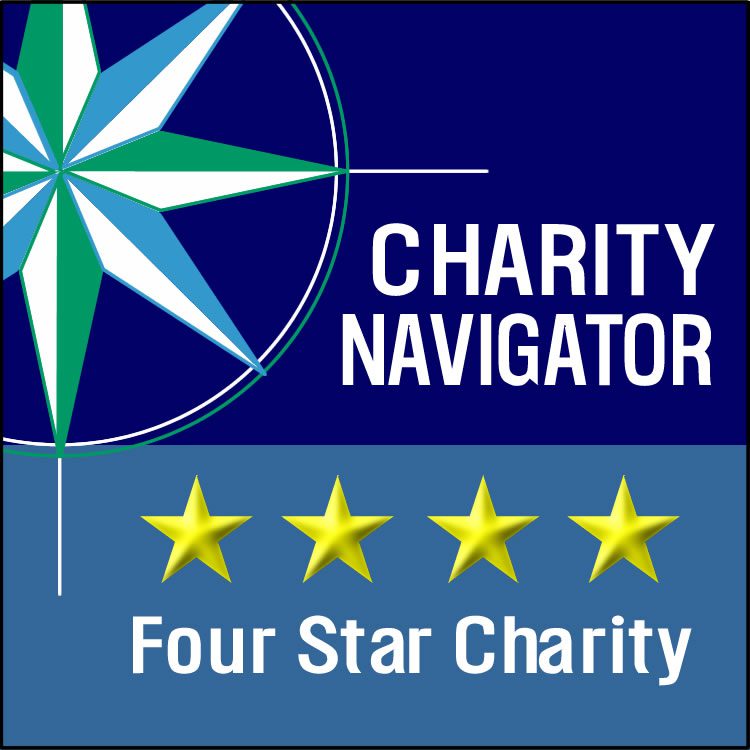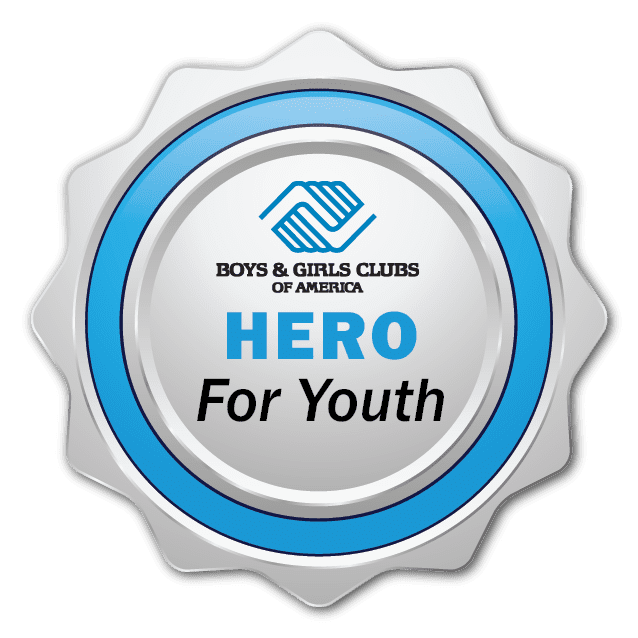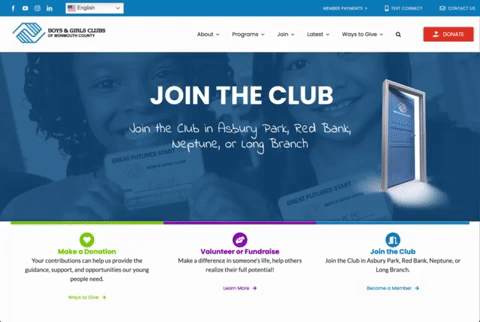Traumatic events and experiences shape lives
Research shows that communities play an essential role in preventing and reducing the effects of Adverse Childhood Experiences (ACEs), the traumatic events and experiences during childhood that can contribute to significant negative health outcomes. These adverse experiences, including abuse, neglect, family substance abuse, domestic violence, divorce, and family incarceration, can trigger an abnormally intense and prolonged stress response that directly correlates to increased health risks, mental health and behavior issues, risky behaviors, and other health conditions.

Trauma can affect all children, but at-risk youth are especially vulnerable
Research shows that communities play an essential role in preventing and reducing the effects of Adverse Childhood Experiences (ACEs), the traumatic events and experiences during childhood that can contribute to significant negative health outcomes. These adverse experiences, including abuse, neglect, family substance abuse, domestic violence, divorce, and family incarceration, can trigger an abnormally intense and prolonged stress response that directly correlates to increased health risks, mental health and behavior issues, risky behaviors, and other health conditions.
Helping our kids heal
The Club has always been there for our families, guaranteeing a safe and nurturing out-of-school environment, but we are consistently striving to increase our impact. As we become more aware of ACEs, we recognize the role we can play to facilitate healing and build resiliency. The Club is committed to becoming a trauma-informed space where children can thrive. We are focusing our programming initiatives on preventing, protecting against, and helping children heal from the effects of trauma through social-emotional learning (SEL), mindfulness, and trauma-informed care.
What is the Club doing to address trauma?




